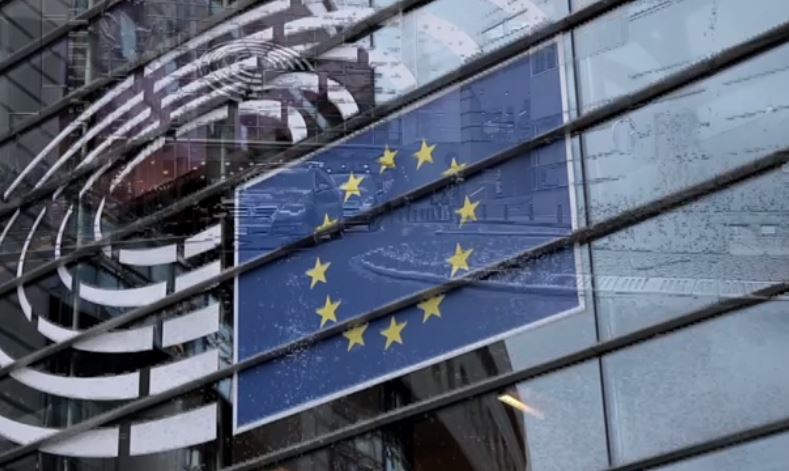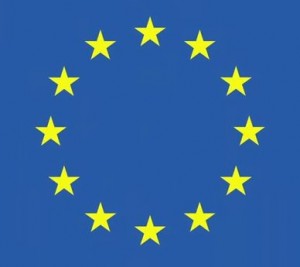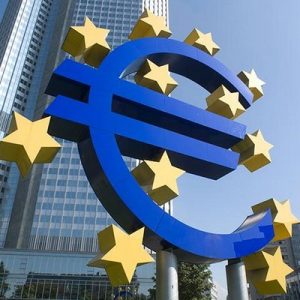
The Guardian / UK: The EU’s chief negotiator, Michel Barnier, has pencilled in 19 June for the first formal day of talks with Britain about its withdrawal from the European Union, in what are being billed as the most important negotiations in the country’s history.
That highly symbolic morning, Barnier will face whoever is the British Brexit secretary after the election for the first day of an arduous 15 months of negotiations to hammer out the terms of the UK’s exit.
It is understood that the European commission’s Brexit taskforce, led by Barnier, shared the proposed date with key figures in Brussels last week.
EU officials are yet to discuss any logistics with the UK, however, due to an ongoing row with Theresa May’s government over its blocking of a mid-term review of the union’s budget.
Brussels cancelled plans for behind-the-scenes “pre-talk talks” to discuss how the negotiations could be handled in anger last month when Britain vetoed the shuffling of the EU budget to priority areas, such as the migration crisis.
The British government claimed pre-election purdah rules blocked any key decisions being made before the general election on 8 June, enraging the commission, whose plans are now stalled.
The lack of contact between the two negotiating teams is the reason Brussels intends to ringfence an additional week after the election result for further informal preparations before the negotiations start in earnest.
The first meeting between Barnier and the Brexit secretary is likely to be held in the recently-opened Europa building, a £283m transparent structure housing a large glass egg where key EU meeting rooms are accommodated. Its unworldly appearance has led to the building being nicknamed the Space Egg.
The EU wants negotiations to be divided into four-week cycles, each focused on a key issue. Week one would involve political preparation, followed by a week where documents would be disclosed by both sides.
The third week would see Barnier and the Brexit secretary sitting down to talk, mainly in Brussels but also, potentially, in London. In the final week, Barnier would report on the results of the negotiations to the 27 member states and the European parliament.
The EU’s negotiator wants to reach agreement on citizens’ rights, the UK’s divorce bill and on the border of Ireland in a first phase of talks he hopes will be concluded by the end of 2017.
The European council, whose members comprise the 27 EU states, will decide by consensus on whether sufficient progress has been made for talks to progress, according to the commission’s negotiating directives, to be signed off by EU ministers next Monday.
If it is deemed appropriate by the EU 27 leaders, Barnier will spend from December 2017 to the spring of 2018 negotiating the scope of a future trade deal with the UK. He will also discuss the transitional arrangements necessary for the period between the UK leaving the single market and the customs union in March 2019, and any EU-UK trade deal being finalised and ratified some years ahead.
Barnier’s timetable allows for the approval of a withdrawal deal, including transitional arrangements, by EU institutions and member states.
Only two years of withdrawal negotiations are allowed under article 50 of the Lisbon treaty. May notified the European council of the UK’s decision to leave the EU on 29 March this year, nine months after last June’s referendum.
However, the commission president, Jean-Claude Juncker, fears Barnier’s timetable will be derailed. David Davis, the current Brexit secretary, has already warned that the EU’s stubborn refusal to talk about a trade deal at the same time as the divorce terms, including the estimated €100bn divorce bill, “will be the row of the summer”.




